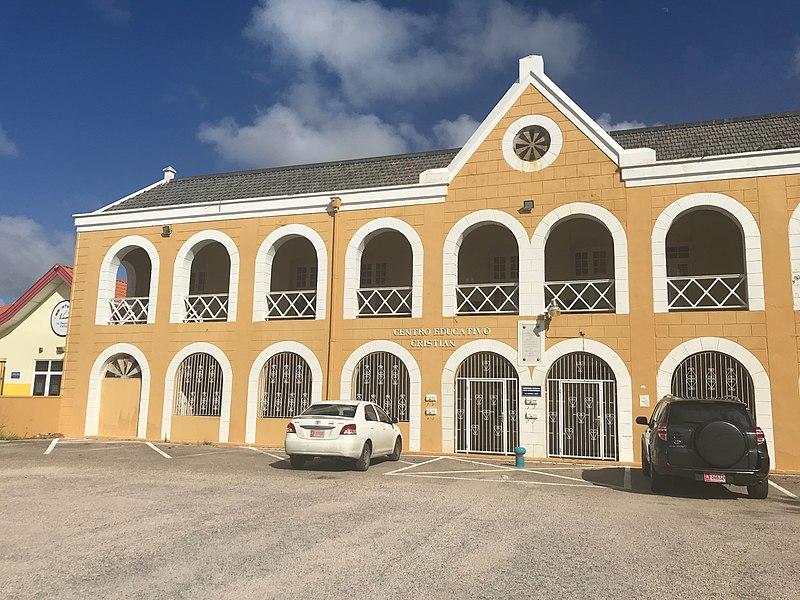UU plays important role
Dutch higher education helps set up public administration study programme in Aruba and Curaçao

The cabinet is still worried about the governance of Curaçao, writes State Secretary for Kingdom Relations Alexandra van Huffelen. According to her, the country has many problems and the government is unable to solve them.
Administrative power
It’s one of the reasons cited for closer collaboration with higher education in the Netherlands. The Hague University of Applied Sciences and Utrecht University want to start a part-time study programme in public administration in the Caribbean Netherlands.
“This is to reinforce the administrative power on the islands”, says the Ministry of Education, Culture and Science in an announcement. The institutions will be working together with the universities of Aruba and Curaçao.
Early this month, outgoing Minister of Education Robbert Dijkgraaf was in Aruba and Curaçao to discuss how educational institutions on the Caribbean islands and the European Netherlands can work together better. Amongst other things, there are plans to strengthen the teacher training programmes.
The Hague University of Applied Sciences started offering a minor in kingdom affairs a few years ago. It centres on the relationship between the European and Caribbean Netherlands. But close collaboration in an accredited study programme would appear to be uncharted territory.
From Utrecht University, the Utrecht University School of Governance has been working with the University of Aruba for 15 years in a scientific Public Administration course at the University of Aruba. Professor of Public Administration Wieger Bakker is involved in this programme as an external professor and traveled with the minister on behalf of UU.
In addition to the plan for joint part-time training, it has also been agreed that cooperation on education and research in the region will be strengthened in a broader sense. This includes the development of joint education and research programmes.
Minister positions
The exchange of students from the universities of Aruba and Curaçao to the Netherlands should also be encouraged. In a debate last week, Members of Parliament asked Minister Dijkgraaf if the transition from the Caribbean islands to higher education in the European part of the Netherlands could be improved by the return of the so-called "minister positions".
Until 2017, 46 places in Dutch courses with a set number of spots were raffled among students from the Caribbean Netherlands, but this was abolished when courses such as medicine and physiotherapy were the only ones allowed to select. This has led to fewer Caribbean students in healthcare courses here.
The government has yet to respond to this. Reintroducing ministerial positions is one of the options that is being investigated.